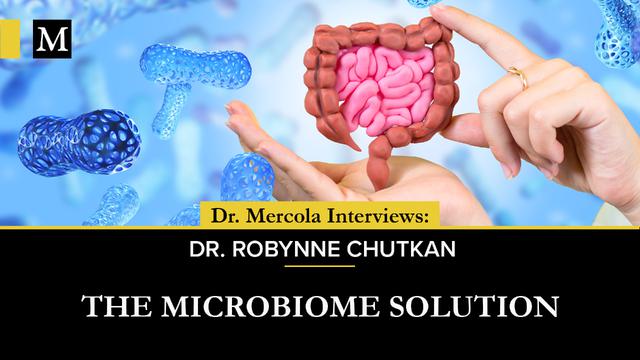chachazoom
Jedi
I came across this very interesting video and website from a Mother who is also a biochemist. Informative, and more in depth than the usual diet changes that have limited results. She shows a few clips of the dramatic changes in her autistic daughter as how she delved deeper into the role of processed food and amino acids with her biochemist mind. Fascinating. Her site is Unblind my mind and the video is right there.


